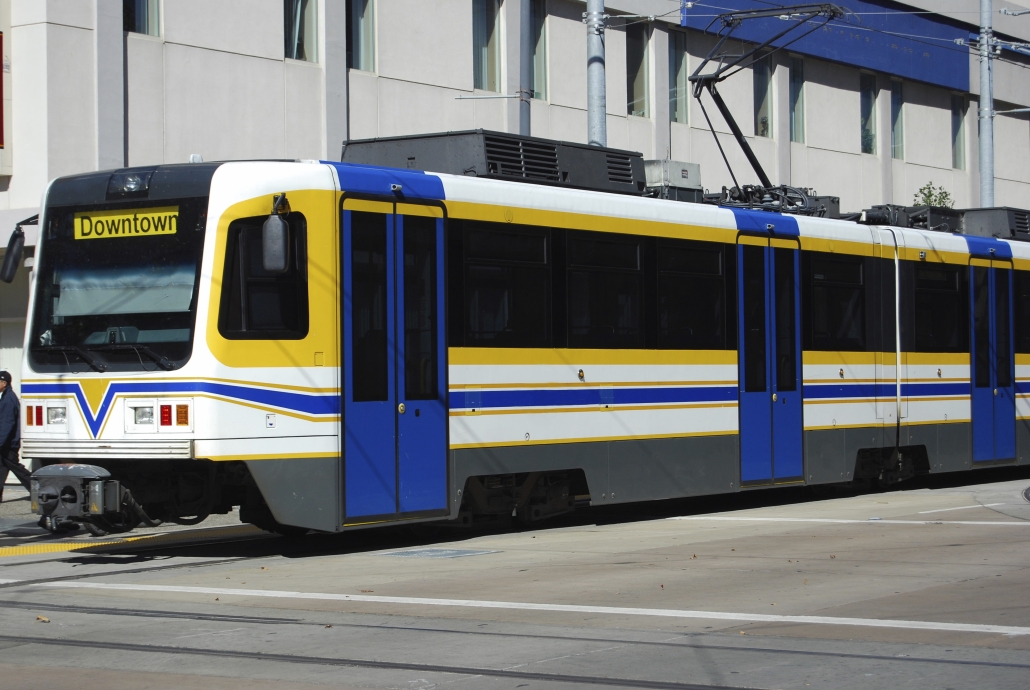
Following six years of consecutive decline, bus ridership in the United States attained its lowest level ever recorded in history last year. In this webinar, Dr. Berrebi will explain reasons and potential solutions to this decline through analysis of passenger count data between 2012 and 2018 at 50,000 bus stops in four cities: Portland, Miami, Minneapolis/St. Paul, and Atlanta. Data show that in all four cities, neighborhoods with high proportions of white residents lost ridership at the fastest rate. In Miami and Atlanta, places with high concentrations of college-graduates also correlate with ridership decline. These results suggest that changes in the travel behavior of choice riders may explain the bulk of the decline. Dr. Berrebi will discuss the inelasticity between frequency and ridership and recommend service, policy, and infrastructure solutions for transit agencies.
Speakers:
Simon Berrebi, PhD, Postdoctoral Fellow at the Georgia Institute of Technology
Alice Grossman, PhD, Senior Policy Analyst, Eno Center for Transportation
Dr. Simon Berrebi is a Postdoctoral Fellow at the Georgia Institute of Technology, where he conducts research on transit ridership. During his Ph.D., Simon developed a real-time dispatching method to avoid bus-bunching, which was implemented on three high-frequency transit routes in Atlanta, GA, and San Antonio, TX. He founded DynamicTime, and software company helping transit agencies implement dynamic tools to improve operations. Simon is also the founder and past executive director of MARTA Army, an Atlanta-based non-profit empowering 400 volunteers to improve transit amenities in their own neighborhoods.





